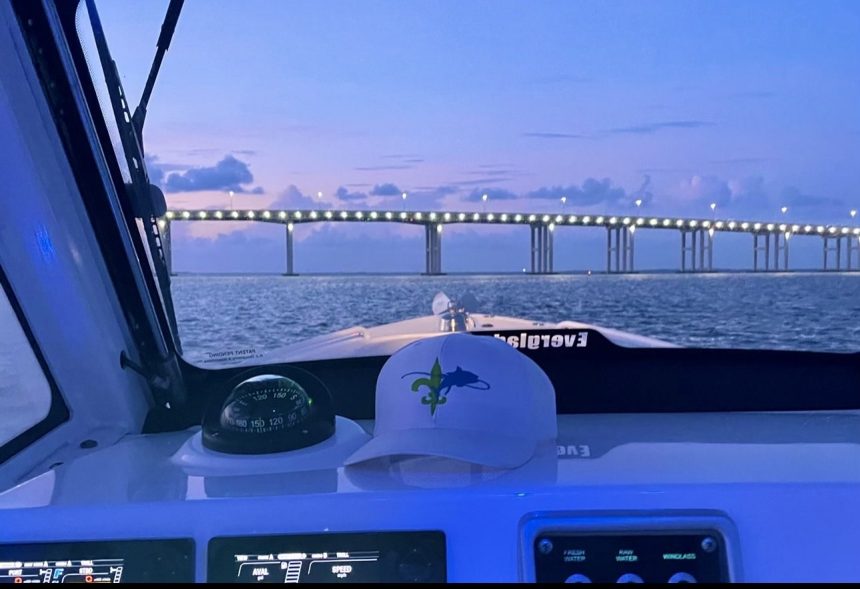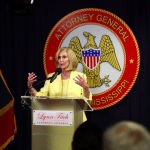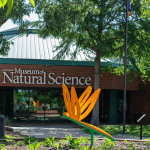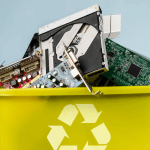The views expressed by contributors are their own and not the view of SuperTalk Mississippi Media
From a Hurricane Katrina survivor to a Hurricane Ian survivor,

On August 30, 2005, the day after Hurricane Katrina wiped the Mississippi Gulf Coast off the face of the earth, The Sun Herald newspaper headline read “Our Tsunami.” At the time, I was president and publisher of the newspaper. In the aftermath of the storm, we were awarded the Pulitzer Prize Gold Medal for Public Service. And what we learned about Coastal Mississippi’s capacity to rise like a phoenix from the ashes made us all incredibly determined, stronger, and inspired.
My family and I were nearly washed away by the storm. I later wrote that I could remember the exact moment during the storm when my family’s lives flashed before my eyes. At that moment when the water started to enter our house with the water raging around our house outside with the whitewater fury of the Colorado River after a heavy rain, I looked at my crying family and thought, “God help us.” I’ve never felt closer to God or my family in my life. Absolutely nothing else mattered at that point in my life other than my family. All of the clutter and perceived complications of my life were immediately washed away. I received a compellingly vivid and painful lesson about what in life was most important: life itself.
As the storm waned, the scene around us was apocalyptic, just as it is in the communities destroyed by Hurricane Ian. There’s no other way to describe it. Tens of thousands of homes and businesses, our infrastructure, and our bridges were destroyed in Coastal Mississippi. Now, coastal communities that make your special part of Florida such an amazing place to live and visit are unimaginably challenged. The days, weeks, months, and years that follow will be both grueling and inspiring. You will learn deep in your hearts and souls what we learned after Katrina about what the word resilience really means. You will see what can happen when the sheer power of the human spirit is buoyed by hope and determination. And now, while those of you challenged beyond imagination by the furry and distraction of “Your Tsunami” Hurricane Ian, you may not yet see or feel hope and determination, but you will in time. Trust me… it will come.
Hurricane Ian, like Hurricane Katrina, delivered a path of destruction and pain that’s nearly impossible to comprehend. Ian was an equal opportunity destroyer. It obliterated socioeconomic boundaries. In this moment, it no longer matters how much money you had or what your political beliefs were. In this moment, you are all in this together. And you will need each other to dig yourselves out… more than you could have ever imagined.
You will see the good in humanity. This is when you learn buildings don’t make a community… the people do. And while you may not be able to get your head around how you will ever move forward, and you feel there’s no way you will ever get yourself out of the mess, there is a path forward. There is hope. You will bounce back. As the debris is cleared and the days pass, you will start to find your way.
Today in Coastal Mississippi, our homes, bridges, roads, and other infrastructure are mostly rebuilt. In many ways, we built back bigger, better, and stronger. Building back bigger and better not only was a mantra that motivated most recovery efforts, but it was a driving force behind all coastal rebuilding efforts, enabling the communities that make up Coastal Mississippi to withstand the next storm. That was a major goal. We had to be more resilient next time. This will happen in your communities, too. There are so many examples here, but the best symbol of our renewed resiliency is our bridges, built higher and stronger. They now stand as monuments of our recovery and renewal. Below is a picture I took one morning recently as I approached the Biloxi-Ocean Springs bridge in my boat.
Hurricane Ian brought many challenges: personal, economic, social, historic, cultural, and many others. In every dimension, you are challenged now. You, your family, and your communities have many needs: financial, spiritual, physical, and psychological. It will never be debated how Ian overwhelmed – at least in the initial days – every individual and local, state, and federal governments. Everyone is simply and completely overwhelmed by the scale and scope of the disaster, but the Army of Caring is coming. Volunteers are headed there from all over the country who want to make a difference. Each one of them is a separate light of help and hope. Church groups, nonprofits, entire communities, those representing states and so many others will come to your hurricane-stricken areas. This will be an amazingly positive aspect of this terrible disaster. What you will see and learn about the selfless spirit of others and their dogged desire to lend a helping hand will inspire and buoy you. You will watch neighbors who lost everything turn the help of others away while giving them directions to their neighbors who they believe have bigger needs. There will be touching and powerful lessons all around you demonstrating the incredible resilience of the human spirit. You will see your neighbors and volunteers set a sleepless, selfless, inspiring, and serving pace. And you will be further inspired by the fact that people will come from all walks of life. You will see firsthand that the storm did, in fact, wash away the confusing, divisive, and defining characteristics of the socioeconomic and political boundaries that existed before the storm, leaving you with the essence of the human spirit and an unbelievably inspiring lesson about who we are and what we are to each other. And you will learn deep inside yourself, as we did after Hurricane Katrina, that when the going gets tough, the world gets small… we need each other. We are all human.
Let me close with this story. Two days after Hurricane Katrina, I walked outside, the sun rising on a hot, humid September morning. I was exhausted. It had been four days of virtually no sleep. I still felt fear, devastation, and loss. I was literally overwhelmed. I climbed on top of the pile of debris leaning against my house that was full of trees, broken boats, and piers. I sat there trying to take it all in, thinking continuously about how would we ever get the energy to get ourselves out of this mess? I buried my face in my hands, closed my eyes, and cried like a baby. After a minute or so, I opened my eyes and slowly looked up. There, stumbling across the ground, was a squirrel. It looked up at me with tired, confused, and sad eyes. It made its way to the base of a fallen tree. I thought to myself how did this small animal survive the storm? It was a miracle. But then I noticed a large chunk of fur and meat on its back was gone, I immediately realized it had not made it at all. That poor squirrel would surely die. In its own way, the squirrel sent a message to me. It was then that I realized something really important: in spite of the destruction around me, I had a lot to be thankful for. I wiped the tears and counted my blessings. My family was safe, and I was safe. We would get through this mess together. What I learned from that experience was the importance of keeping the important things in perceptive. When it seems there’s little hope and most everything is challenged, there is always a rose to smell. Find it and smell it. Be thankful… never forget to keep the important stuff in perspective.
You can and will do this. My hope for you is that God will bless you with the energy, patience, determination, and compassion to persevere.
Special note: I was honored to write the forward to Haley Barbour’s book, America’s Great Storm: Leading Through Hurricane Katrina. This should be required reading for every public-and private-sector leader. This will be a defining moment for Governor DeSantis and leaders across the state. They will all need our support.







